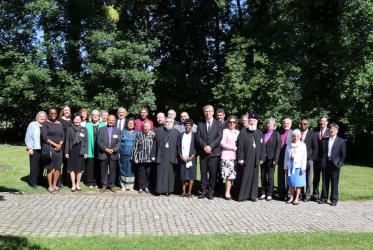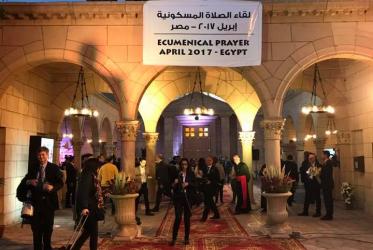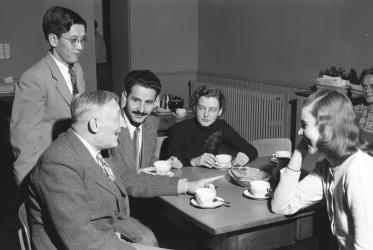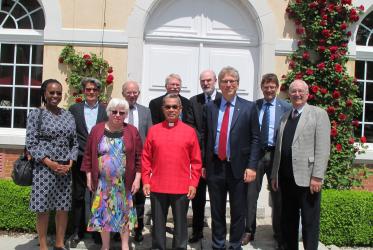Displaying 81 - 100 of 167
08 June 2017
Churches in Norway and Pakistan break new ecumenical ground
26 January 2017
Bossey anniversary commemorates 70 years of heartfelt dialogue
28 September 2016
Hielke Wolters: Apostle of mission strategies
01 August 2016
In Ghana, women bring open minds, honest words
05 July 2016
Panel discussion fields ideas on European identity
26 April 2016
Catholic-WCC group pursues new mandate
13 April 2016














